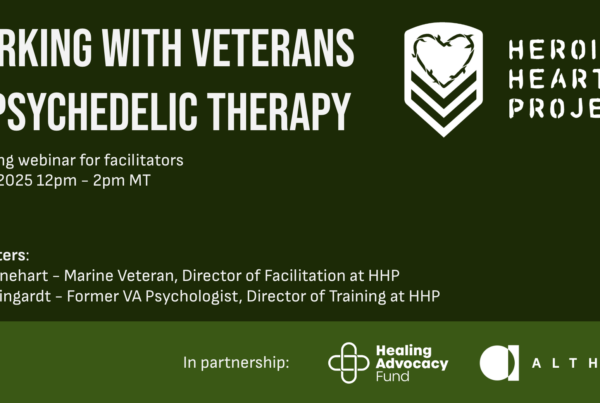
We asked an experienced group of psychedelic facilitators just that.
In this month’s Facilitator Forum, we had an engaging discussion on screening and outcomes in psychedelic therapy practices. Participants included facilitators from various backgrounds including a clinical psychologist, medical doctor, licensed facilitators, and experienced underground guides, each bringing unique perspectives and experiences. We pulled this group together to get a sense of what’s used today, what would be beneficial in their practice, and what would benefit research more broadly.
The natural medicine programs in Colorado and Oregon are unprecedented opportunities to legally administer psilocybin in a controlled setting. It’s an opportunity to gather real world evidence on the healing efficacy of this modality, along with an evidence based understanding of the safety profile of psilocybin in different types of people. Real world evidence is what will enable this type of healing to cross the proverbial chasm from clinical trials and psychonauts, to the wide swaths of the population experiencing a variety of severe mental illnesses. This insight could inspire further policy reform, payer coverage, increase demand, and enable continuous improvement for practices and existing programs.
During the forum, the effectiveness of different screening tools was a major focus. One participant utilizes the PHQ-9 and GAD-7 for assessment of depression and anxiety, respectively, valuing their structure and comprehensiveness, even charting results over time so clients can see progress. Another prefers a customized approach, avoiding lengthy forms that might overwhelm clients and detract from the therapeutic experience. One expert advocates for the BDI-II in assessing depression, emphasizing the importance of symptom reduction from the client’s perspective. There was a range of different approaches, but everyone agreed that a participant’s improved outcomes was the goal.
The importance of qualitative data was also highlighted. One facilitator previously used a happiness survey to gather qualitative data pre- and post-retreats. Despite the vast and apparent data, managing and utilizing it effectively proved challenging – something vocalized by multiple participants.
The group then moved on to discuss the Mystical Experience Questionnaire (MEQ30). No attendees reported regularly using the MEQ30, although one was familiar with it and discussed its correlation with quality of life metrics, with mixed opinions on its completeness and impact. Another participant highlighted that only half of their retreat participants described their experiences as mystical, sparking curiosity about alternative metrics, such as “unstuckness.” One expert suggested using a social connectedness scale to evaluate improvements in relationships, emphasizing holistic healing.
Balancing quantitative and qualitative measures was another key theme. One facilitator stressed that while scores are helpful, understanding a client’s functionality and tolerance is crucial, valuing qualitative insights alongside quantitative measures. Another articulated the tension between structured assessments and the limitless nature of personal potential, favoring journaling, which they find less prescriptive and more in tune with individual needs.
This forum underscored the importance of adaptive, client-centered approaches in psychedelic therapy practices, balancing structured assessments with individualized, holistic methods. The collaborative insights and shared experiences of the facilitators enriched the dialogue, paving the way for innovative strategies in screening and outcomes measurement.
If you are interested in joining a future forum or would like to discuss Althea’s tools, sign up here.




